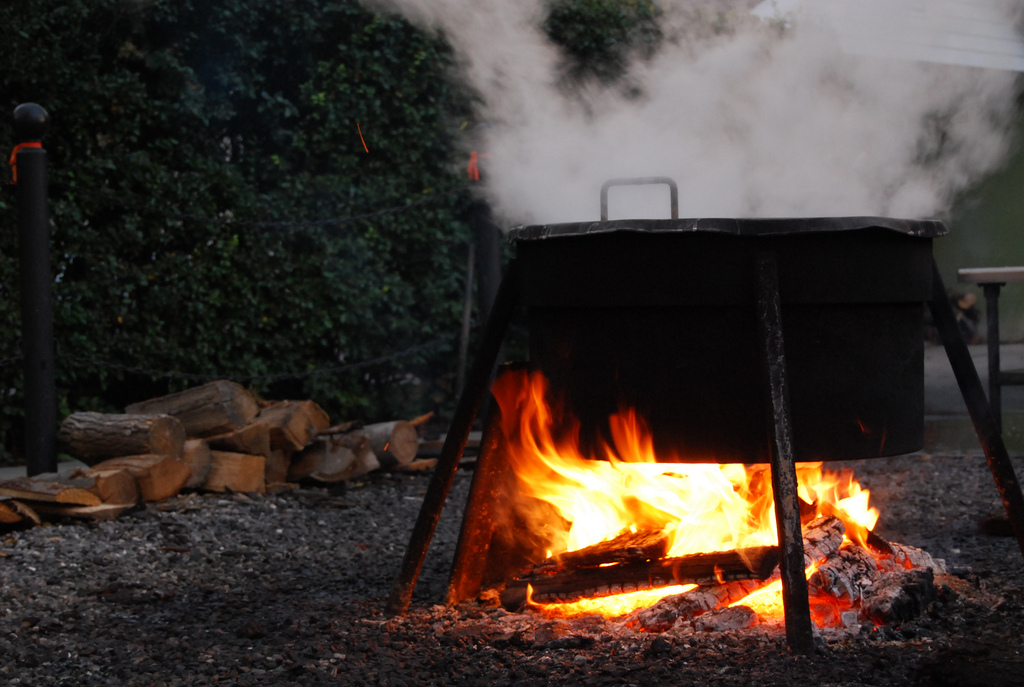We know we can’t rely on gasoline forever, especially after SHTF. While it is certainly prudent to store whatever gasoline you can for vehicles and generators, it will only last for so long. As grids fail and the infrastructure for large-scale industrial oil drilling is no longer in place, or even if you simply want to be more self-reliant and live off the grid, learning to be less dependent on petroleum is key.
Here are a few ways you can take a few more steps towards preparing for life without oil.
1. Learn Fire Inside and Out
Learning how to build a fire is kind of prepper 101, I know. But you’ll need to know more than just building a simple camp fire. Building fire in different kinds of weather, using different kinds of fuel, for different purposes is something to start learning now. Fire can be harnessed to fuel stoves and ovens (a wood-burning stove is an awesome investment), to heat large amounts of water for bathing, cooking, large-scale food production, clearing out brush, and on and on. Learn more about fire and how to control, harness and extinguish it in more than one scenario.
2. Secure Your Water
Water is not only essential to keep us alive, it is also a crucial source of energy we often take for granted. We need to stay hydrated, cool and clean. The most important factor for long-term survival is a reliable water source, so this is what you need to be thinking about. And not just geography, but equipment. You’ll need to purify, collect, and most likely haul large amounts of water-all without cars or tractors, so take these factors into consideration when setting up a homestead or planning for long-term survival. Large, sturdy containers and a wheel barrow or hand cart are a good place to start, as well as a homemade water filtration system.
3. Prepare for the Elements
One of the lesser-considered factors of a world without oil is staying safe from the elements. Heat and cold can both kill you, even just too much rain in a warm climate can also create an ideal environment for infection or sickness to spread. We’ve already discussed two of the primary factors in protecting one’s self from the elements though: fire and water. The third is shelter. Houses today are built to be heated and cooled by electricity, so whatever shelter you plan on relying on for long-term survival, it will need to be well-insulated and well-ventilated, and have a system in place for being heated by fire.
These are just a few brief considerations for life without oil but I believe they are key. Most of the technology that is now powered by petroleum products is just an upgrade to technology that was developed for fire and water. So rather than looking forward for alternative forms of energy that require elaborate grids and resources (like solar panels), a better place to start might be looking in the past at simple and reliable technology that got humans through a few thousand years of civilization before oil drilling came along.
If you liked that, you might also like:


